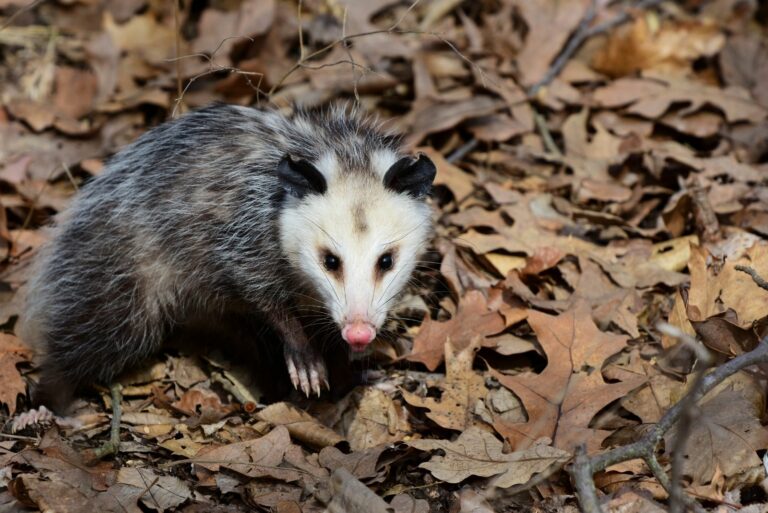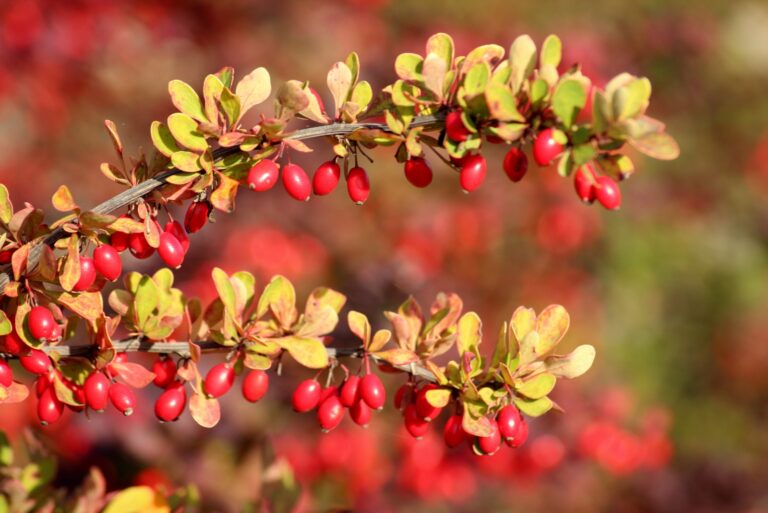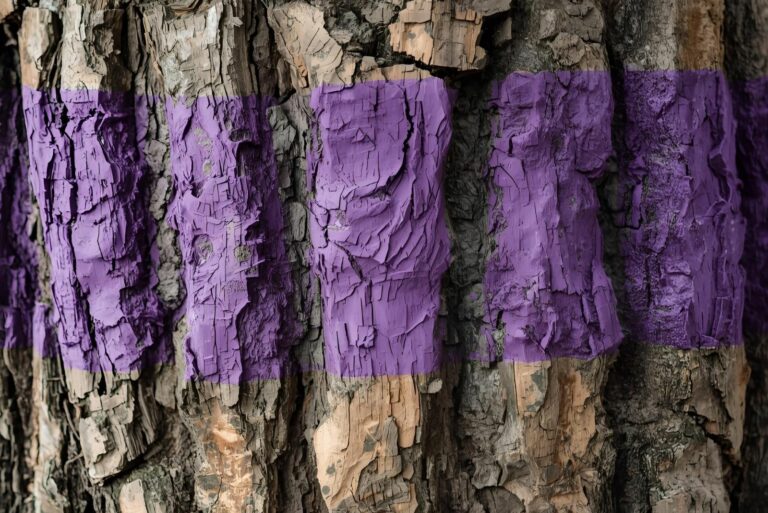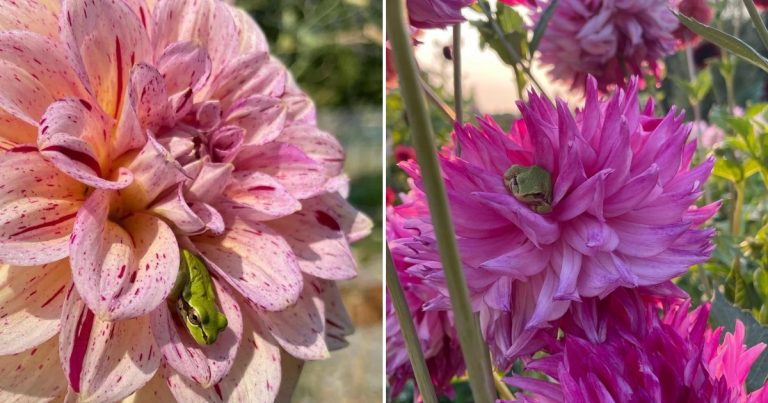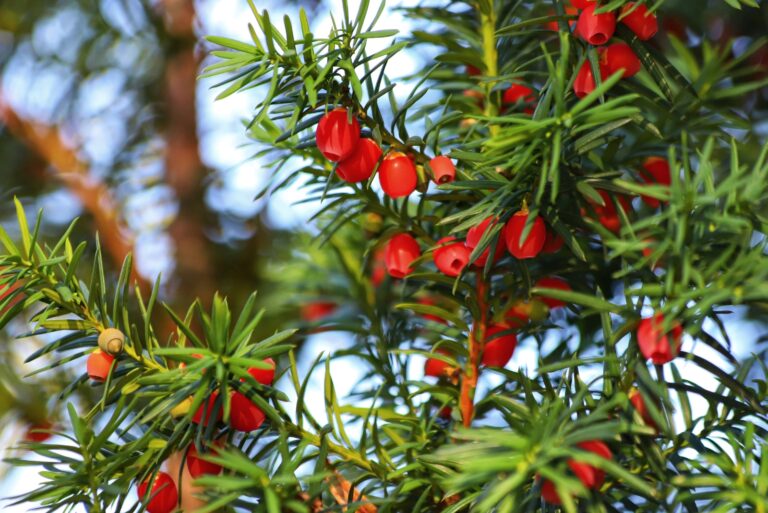9 Toxic Trees Massachusetts Homeowners Should Steer Clear Of
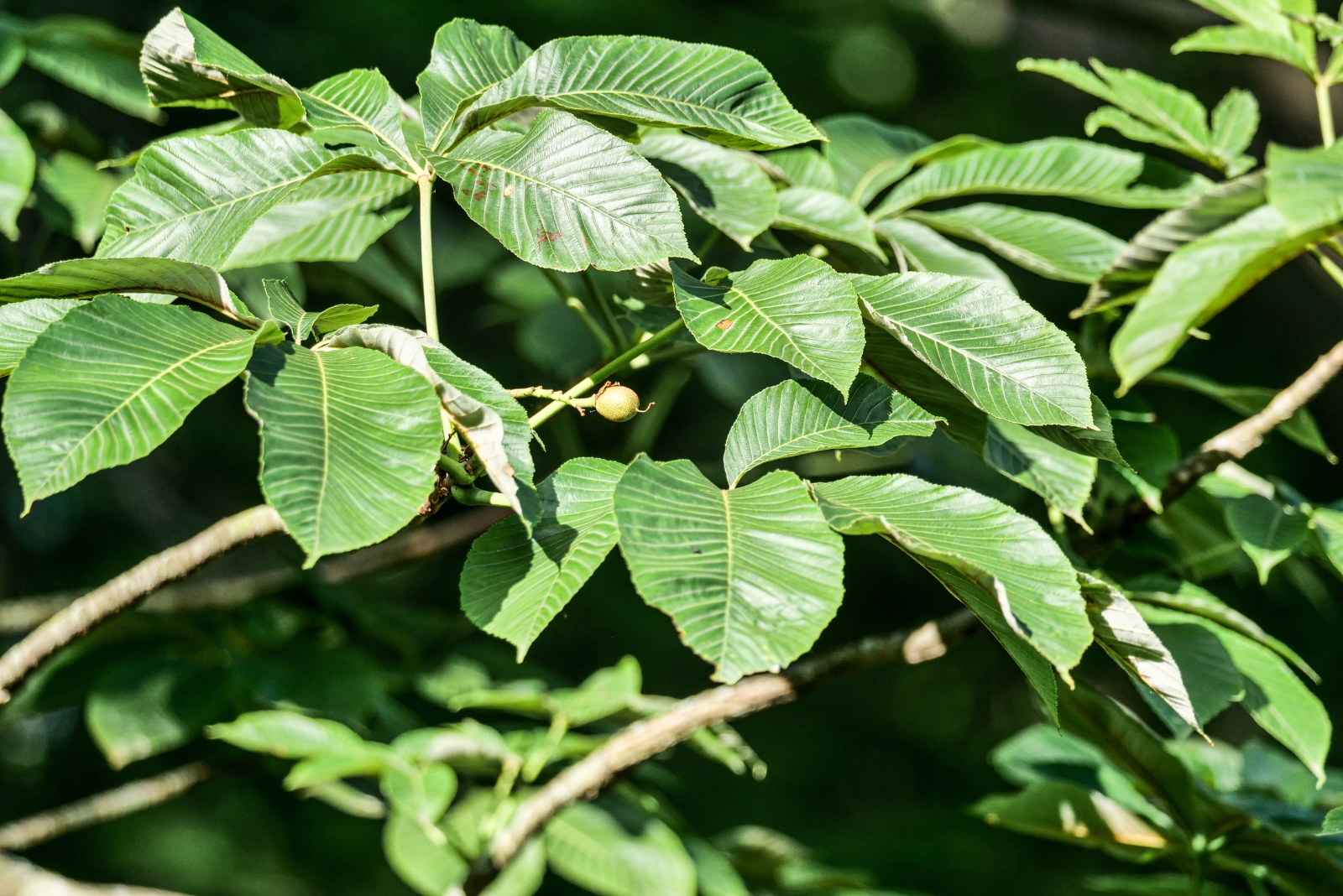
Massachusetts has some beautiful trees that hide a dangerous side. I brushed against one years ago and had no idea it could cause such irritation.
These varieties look innocent until you get too close. Keeping them out of your yard makes every outdoor day a little safer.
1. Black Walnut
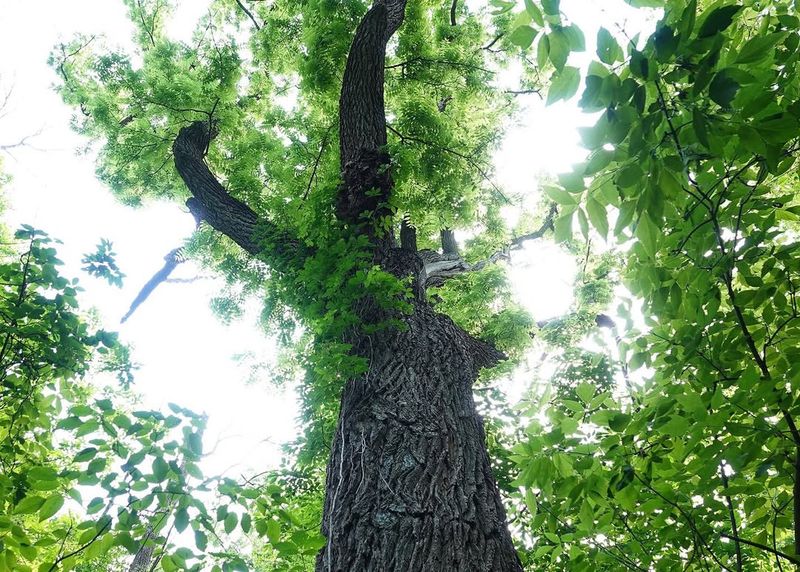
Black walnut trees drop a chemical called juglone that poisons the soil around them. Many popular garden plants like tomatoes, azaleas, and rhododendrons will die if planted too close.
The nuts themselves are edible for humans, but the hulls can stain your hands and contain toxins. Horses are especially sensitive to black walnut shavings, which can cause serious illness.
Plenty of Massachusetts homeowners remove these trees to protect their gardens and pets from potential harm.
2. English Yew
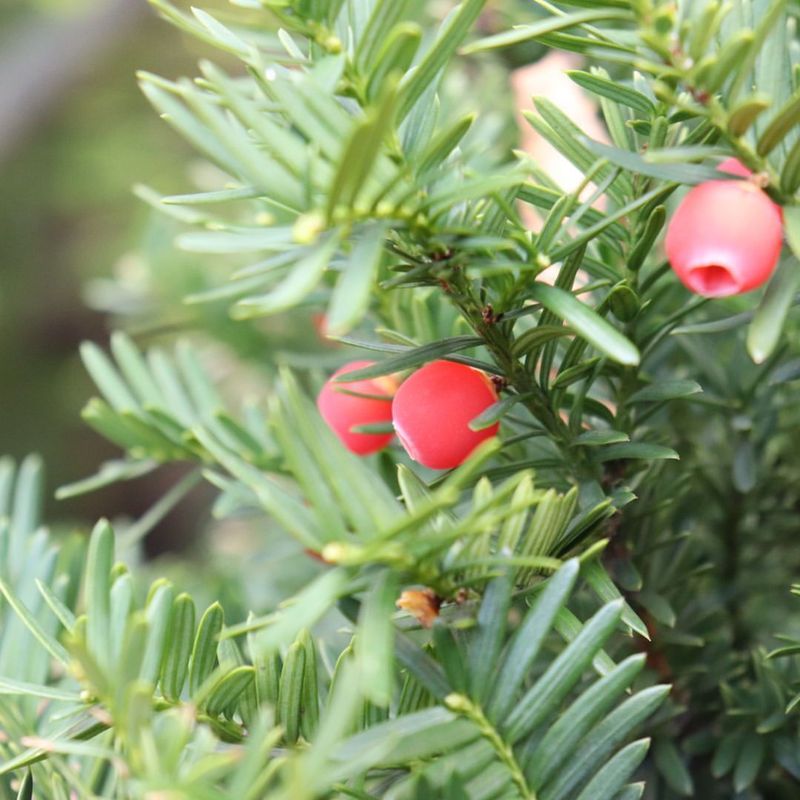
With its beautiful evergreen needles and bright red berries, English yew looks harmless but packs a deadly punch. Nearly every part of this tree contains taxine, a poison that affects the heart.
Children might be tempted by the sweet-looking red berries, which can be fatal if eaten. Even small amounts can cause serious problems for dogs and cats.
Massachusetts landscapers often recommend removing yews when young kids or curious pets are around your property.
3. Manchurian Apricot
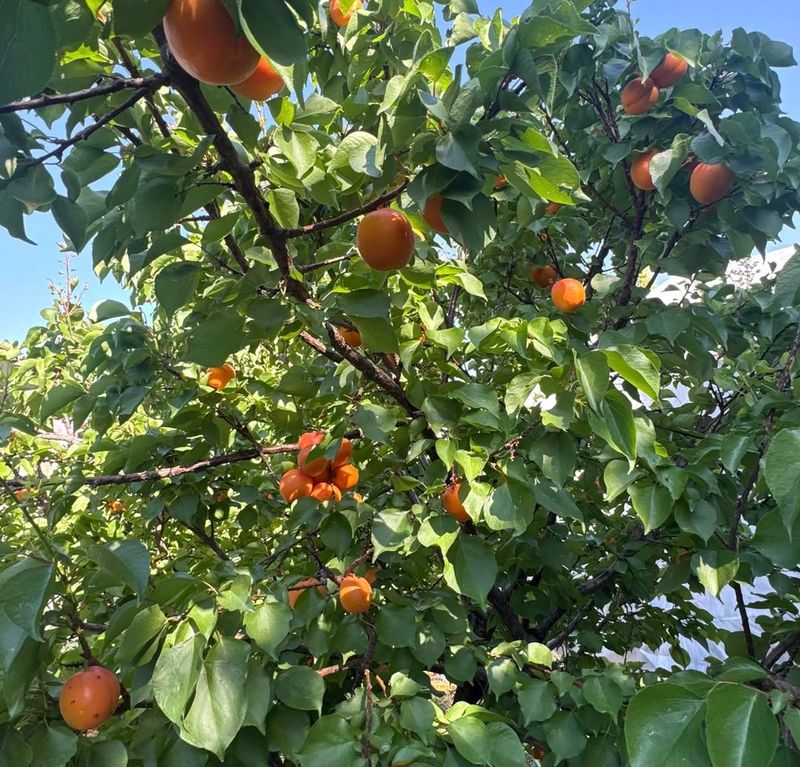
Manchurian apricot trees produce pretty flowers in spring and small fruits that look tasty. However, the seeds inside contain cyanide compounds that are extremely dangerous.
Kids might crack open the pits out of curiosity, not knowing the kernels inside are poisonous. Pets who chew on fallen fruits can also get sick from the toxic seeds.
While the flesh is technically safe, many Massachusetts families choose safer fruit trees to avoid any accidental poisoning incidents around their homes.
4. Horse Chestnut
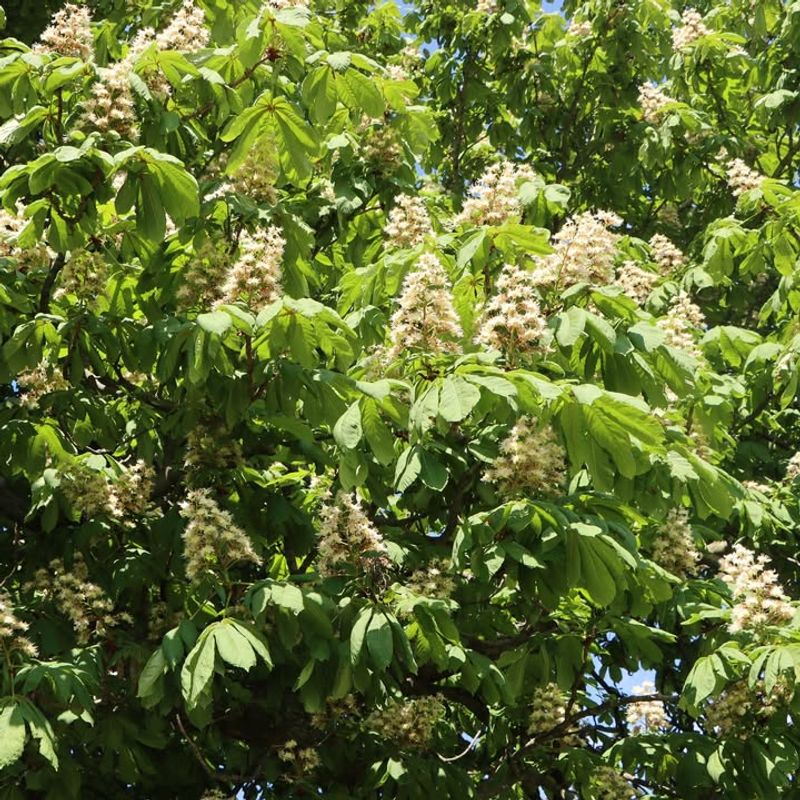
Horse chestnuts produce shiny brown nuts that kids love to collect, but eating them causes severe stomach problems. The seeds, leaves, and bark all contain a toxin called aesculin.
Despite their appealing appearance, these nuts taste bitter and can make people and animals very sick. Squirrels seem immune, but your dog definitely is not.
Massachusetts poison control gets calls about horse chestnuts every fall when curious children mistake them for edible sweet chestnuts.
5. Black Locust
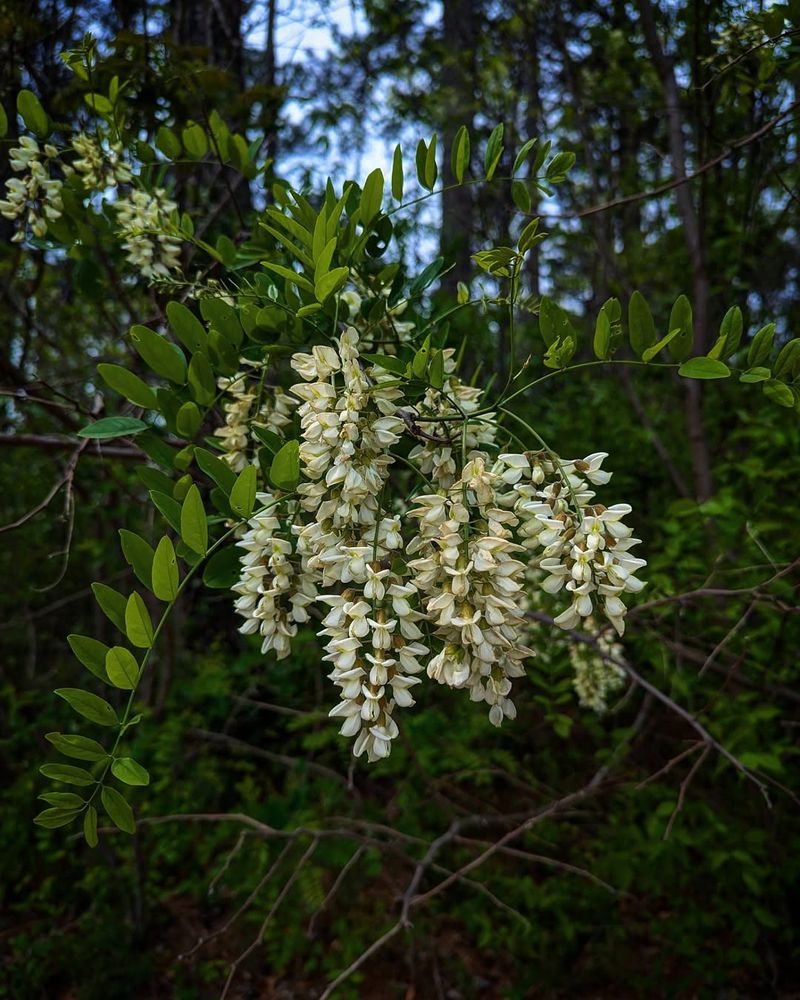
Black locust trees have gorgeous white flowers that smell wonderful, but the bark, seeds, and leaves contain dangerous toxins. Children who chew on the sweet-tasting inner bark can experience serious poisoning.
The toxins cause nausea, weakness, and irregular heartbeat in both humans and livestock. Horses and cattle have died from eating black locust leaves and twigs.
Many Massachusetts farmers remove these trees from pastures, and suburban homeowners should consider safer alternatives for their yards too.
6. Common Privet

Common privet makes excellent hedges for privacy, but its black berries are toxic to humans and pets. Kids might pop the small berries in their mouths, thinking they are safe to eat.
The berries cause stomach upset, vomiting, and diarrhea when consumed. Even touching the sap can irritate sensitive skin.
Although privet is popular throughout Massachusetts neighborhoods, families with young children often replace it with non-toxic alternatives like boxwood or holly for safer landscaping options.
7. Cherry Laurel
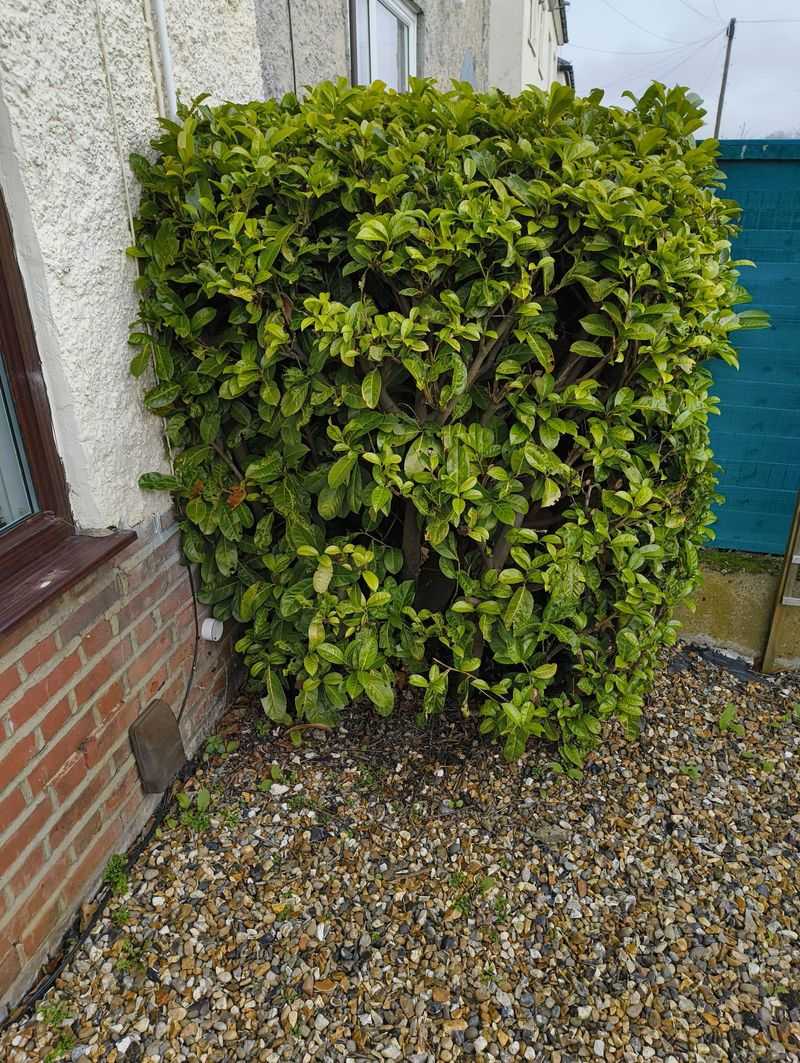
Cherry laurel looks lovely as an evergreen hedge, but its leaves contain cyanide compounds that release poison when chewed or crushed. Livestock have died from eating clippings carelessly left on the ground.
The black berries also contain toxins, though they are less dangerous than the leaves. Pets who nibble on branches can experience breathing problems and weakness.
Massachusetts veterinarians warn homeowners about cherry laurel, especially if you have grazing animals or dogs that like chewing on plants.
8. White Snakeroot
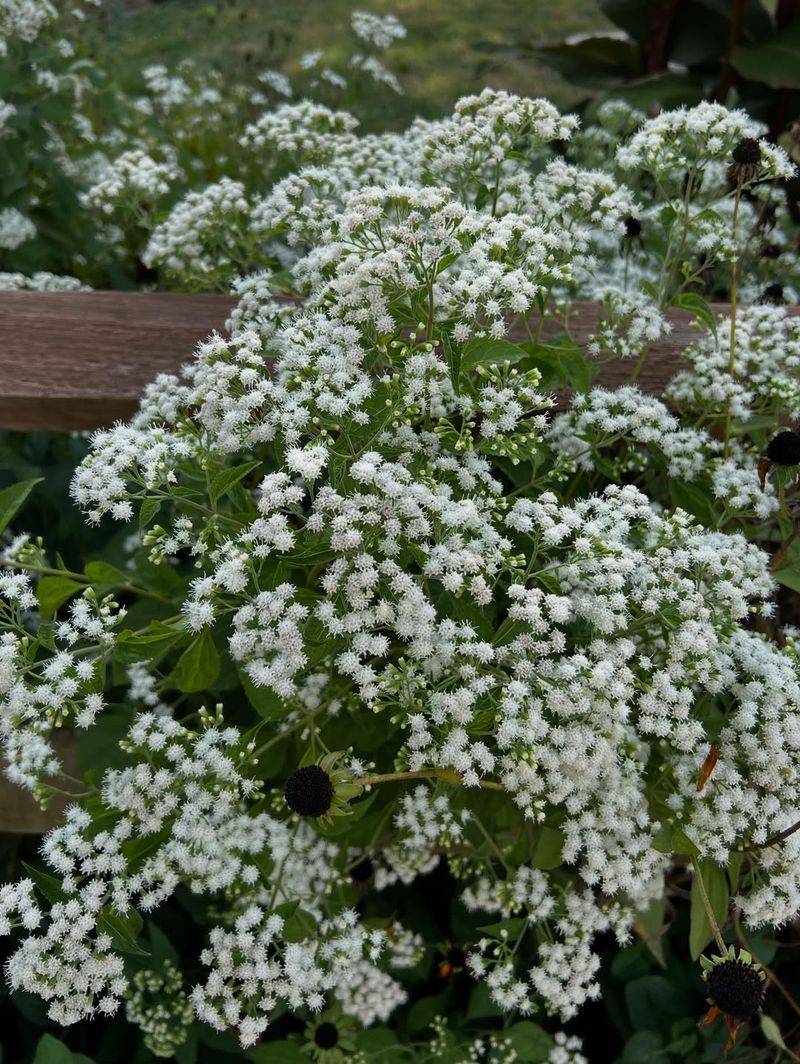
White snakeroot grows wild in Massachusetts forests and can spread into your yard if you live near wooded areas. This plant contains tremetol, a toxin that poisoned early settlers through contaminated milk.
Cows eating white snakeroot pass the poison into their milk, causing a disease once called milk sickness. Direct contact with the plant can also cause skin irritation.
Keep an eye out for this invasive species and remove it immediately if spotted on your property to protect everyone.
9. Ohio Buckeye
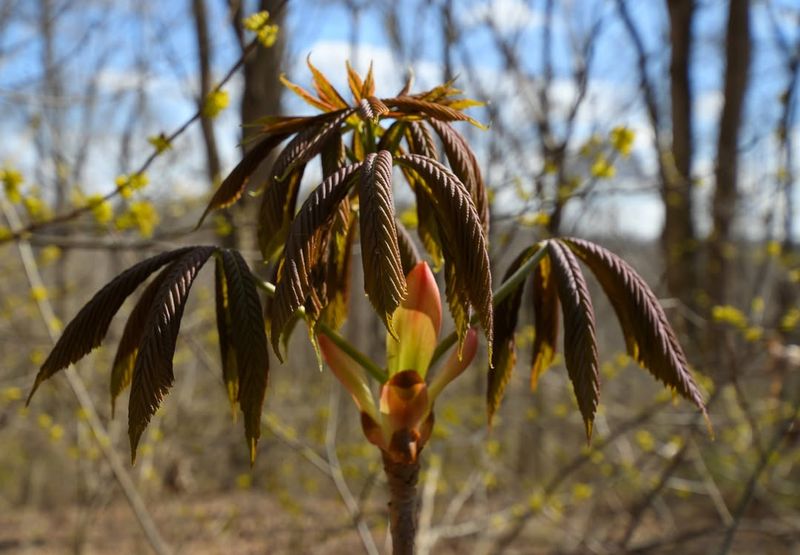
Ohio buckeye trees produce shiny brown nuts that look like deer eyes, which is how they got their name. All parts of the tree contain glycosides that cause vomiting and muscle weakness.
Kids find the smooth nuts irresistible for collecting, but eating even one can cause serious illness. Cattle and horses also get sick from grazing near buckeye trees.
While uncommon in Massachusetts, some homeowners plant them as ornamentals without realizing the danger they pose to curious children and pets.

